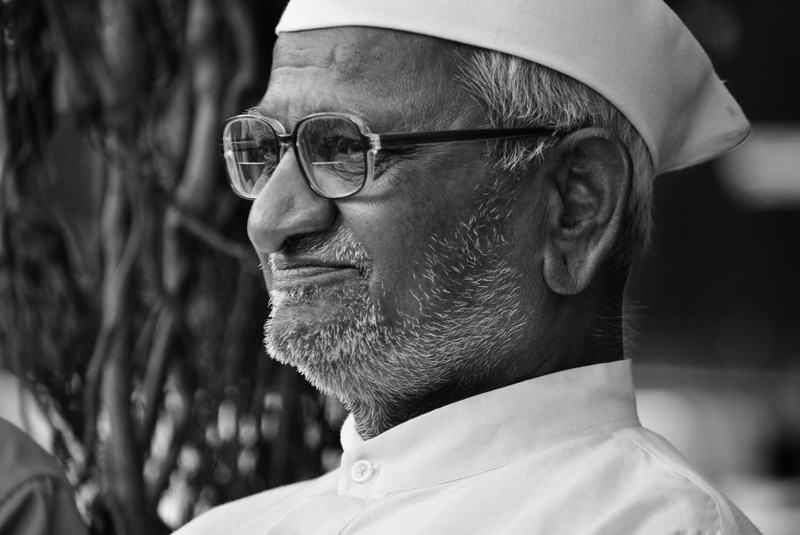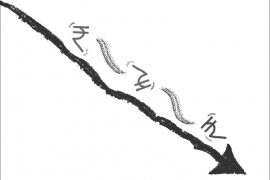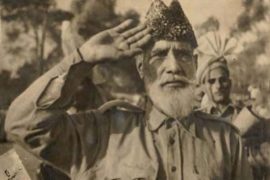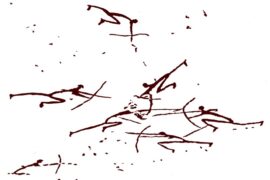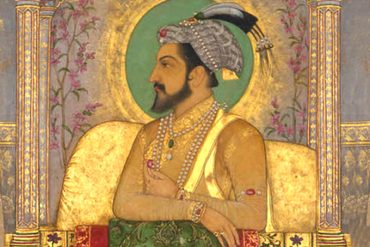In 1948, while India and Pakistan fought their first war against each other, the Indian High Commissioner to the UK signed an order for the delivery of 2,000 refurbished Jeeps to aid in the war effort. Most of the payment for this was made upfront. But what finally arrived was 155 Jeeps in defunct condition. By the time the Army realized that they had received duds, the war was already over – and £172,000 had been given to the Jeep manufacturers.
The Ananthasayanam Iyengar Committee was set up to investigate the deal. Their report, submitted in 1951, painted a poor picture of the procurement process. The report was not made public and had little to no consequence. For six years later, the man responsible for the deal, V.K. Krishna Menon, was made India’s Defence Minister.
The Jeep Scandal, as it was called, was an early sign of how corruption would play out in the affairs of independent India. It showed how nepotism, breaches of protocol, and a lack of accountability would all come at the cost of the nation. Menon enjoyed the patronage of the most powerful figure in the country, then prime minister Jawaharlal Nehru, and was thus able to escape accountability for what was a cleanly botched job. It was the first name-scandal in India and was far from being the last.
Copyright©Madras Courier, All Rights Reserved. You may share using our article tools. Please don't cut articles from madrascourier.com and redistribute by email, post to the web, mobile phone or social media.Please send in your feed back and comments to editor@madrascourier.com

